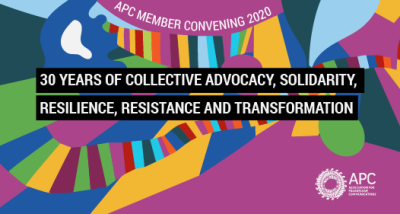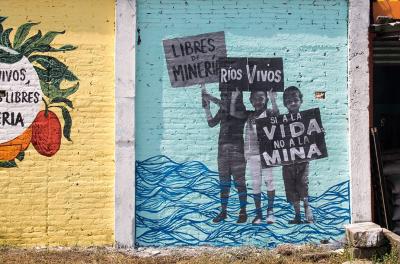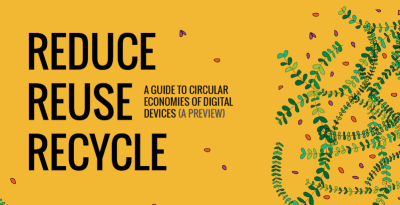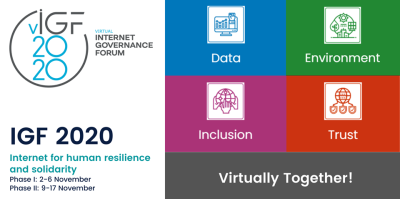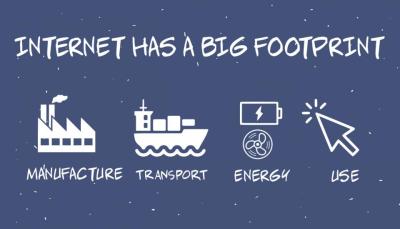APC's roots are anchored in the environmental movements of the 1980s and 1990s, and many members have called for a strong network response to the global environmental crisis. These movements will regain prominence during the next decade as it becomes increasingly clear that governments and international institutions are unlikely to take action in time to avert a climate catastrophe. Governments and the powerful private interests that profit from activities that cause environmental damage are likely to respond through increasing internet surveillance, censorship and propaganda, both directly as well as through cooperation with the few companies who today handle the majority of internet communications.
The production and use of digital technologies are likely to continue contributing to climate change proportionate to their increasing share in overall consumption of raw materials (including conflict minerals), manufacturing, energy consumption and waste disposal and recycling. The choice and use of digital technologies and the policies guiding their production, use and disposal and the recovery of raw materials will have a huge impact on the way they contribute to the climate catastrophe, but also on their potential to mitigate it. The environmental crisis requires a drastic change from the existing design/production/use/disposal/recycling model to one that embraces a circular economy aiming to eliminate waste and foster the continual reuse of resources.
A critical assessment is needed of the impacts of the so-called digital/smart economy on communities' sustainable livelihoods. The vision of this economy supports the globally unsustainable model of unlimited growth, by creating the expectation that "smart" innovations will somehow make it possible for humanity to keep exploiting the earth's limited resources. The 2030 United Nations Sustainable Development Goals (SDGs) can provide a comprehensive and legitimate framework for assessing how the internet, digital technology and the digital economy are contributing to the global environmental crisis, and in what ways they can be used to mitigate the damage to the environment.
APC is well positioned to connect academic and activist knowledge about how to use the internet and digital technologies to adapt to and combat climate change. Building on our history of emerging from green movements, and our ongoing connections with them, APC has decades-long experience with a hands-on approach to technology and its use in ways that are sustainable and promote social and environmental justice and human rights.
